(ECNS) -- With China's economy expanding 4.5 percent in the first quarter of 2023, it provided opportunities to multinational corporations as evidenced by a series of foreign-funded projects implemented since the beginning of 2023.
The 20th Shanghai International Automobile Industry Exhibition opened on Tuesday, with many senior executives of multinational automobile corporations arriving in China ahead of the event.
Except for the automobile industry, senior executives of other famous multinational corporations such as Pfizer, Apple, and Intel also came to China to seek opportunities.
Airbus will open its second production line in Tianjin in northern China to expand its assembly capacity of the A320 airliner family, according to an agreement it signed with Tianjin Free Trade Zone Investment Company and Aviation Industry Corporation of China on April 6.
On Friday, Airbus unveiled a research center in Suzhou, east China's Jiangsu Province, focusing on manufacturing innovation, hydrogen infrastructure and cabin experience. The center will also push forward the transformation and modernization of the aviation industry through digitalization and artificial intelligence.
Airbus expected that in the next 20 years, China’s air traffic will grow by 5.3 percent annually, compared with the world average of 3.6 percent. “China is one of the fastest growing markets in the world,” said Xu Gang, executive vice-president of Airbus and CEO of Airbus China.
In the first two months of 2023, the actual use of foreign capital has reached 268.44 billion yuan ($38.96 billion), a year-on-year increase of 32 percent.
Yu Miaojie, head of Liaoning University, said the super-large market in China has been providing stable demand for the world economy, which will attract more foreign-funded enterprises to take root in the country.
Besides, the increase of foreign investment in China also lies in its strong industrial basis and resilience.
Nicolas Maguin, CEO of Louis Dreyfus Commodities in Russia and Central Asia, said people can determine via economic data in the first quarter that China continues to show great resilience and potential in the challenging global economy.
The Guangzhou Fuling food industrial park, a joint venture between his company and China, is expected to be completed and put into operation in the second half of this year. The industrial park will involve many emerging fields such as feed protein processing and plant-related clean energy production.
Maguin stressed that seeking development together with China is a key opportunity for foreign enterprises to seize.
Cosmetics brand L'Oréal China will build a 45,000-square-meter intelligent fulfillment center in the Nantong Chongchuan Economic Development Zone in Jiangsu Province.
According to Fabrice Megarbane, L'Oréal President North Asia Zone and CEO L’Oréal China, this is the first investment ofthe cosmetics brand’s next 25-year plan in the Chinese market.
Megarbane said that China's economic performance in the first quarter convinced L'Oréal its beauty market would continue to grow.
In particular, the rapid development of the digital economy and continuous improvement of industrial level in China are expected to make the intelligent fulfillment center play a more significant role in providing strong support for the company to better serve consumers in China, he said.
“With the most complete industrial system in the world, China is an important participant and maintainer of global industrial chain and supply chain, and will still be at work in global supply chain and value chain,” said Chen Xudong, chairman and general manager of IBM China.
“The continuous optimization of the business environment has boosted our confidence in investing in China,”said Yoon Do-son of CJ China and the president of the Korea Chamber of Commerce in China.
“Despite uncertainties in the world economy, CJ still thinks highly of the Chinese market,” he added.
Teresa Zhuge, executive vice chairman and president of GLP China, said that China has been optimizing its business environment and opening wider, which makes foreign enterprises more confident in investing in China.
A report from Reuters pointed out China investment drowns out decoupling rhetoric, saying multinational companies are making – and want to make more – money in China.









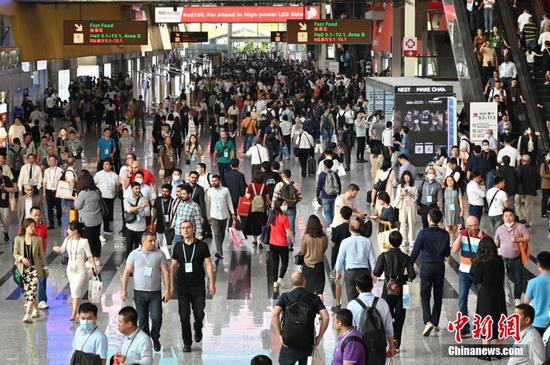
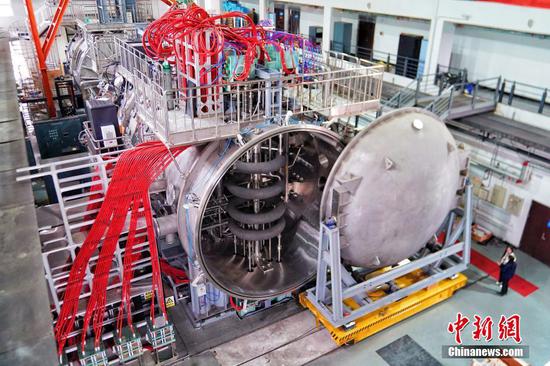




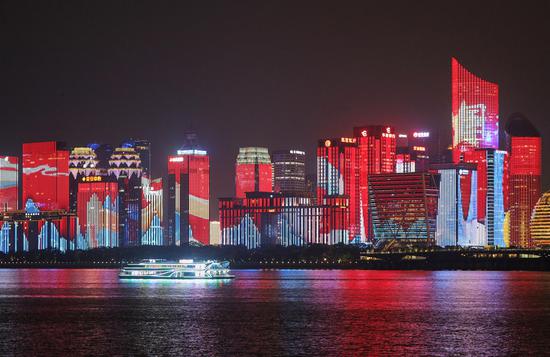

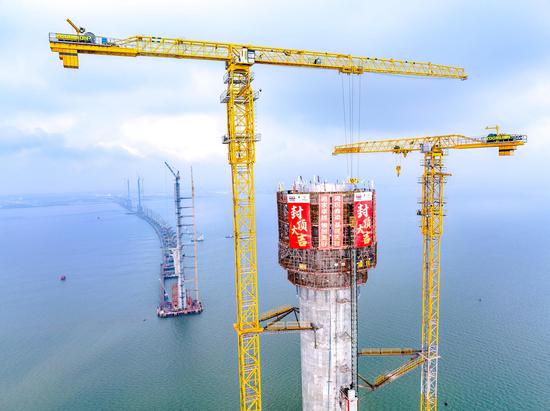







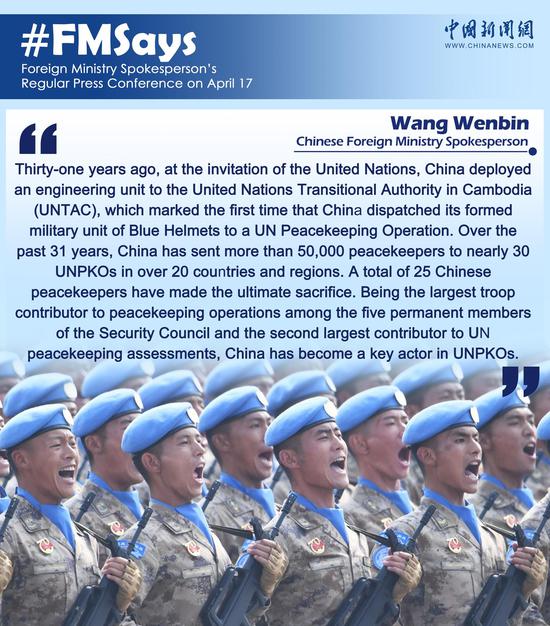

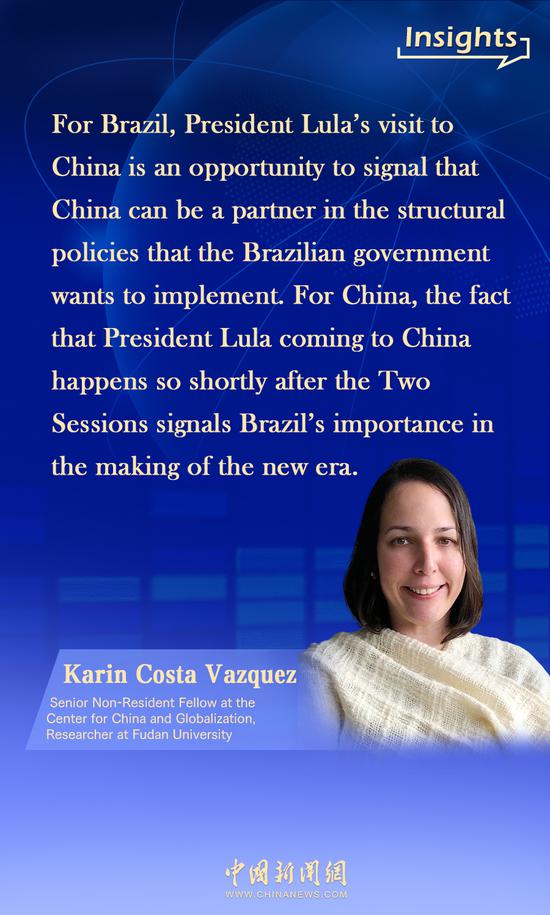



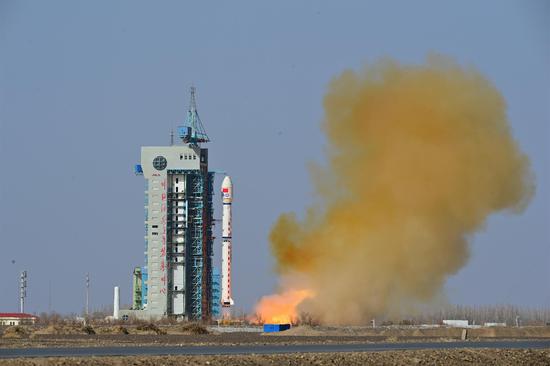
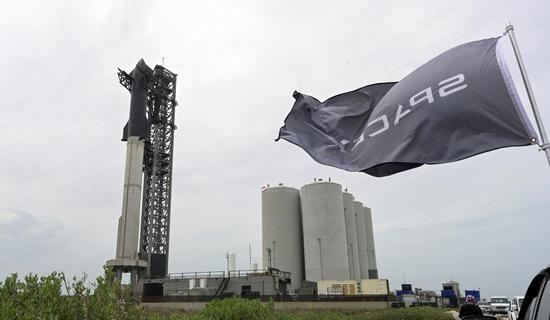

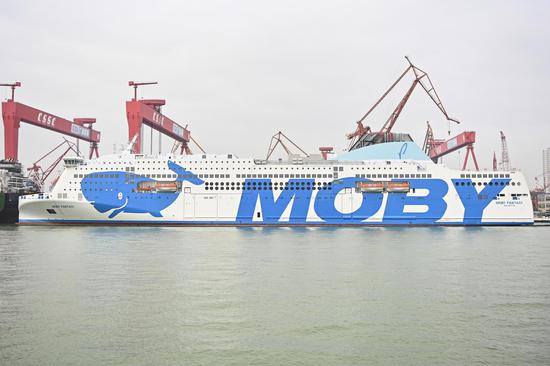

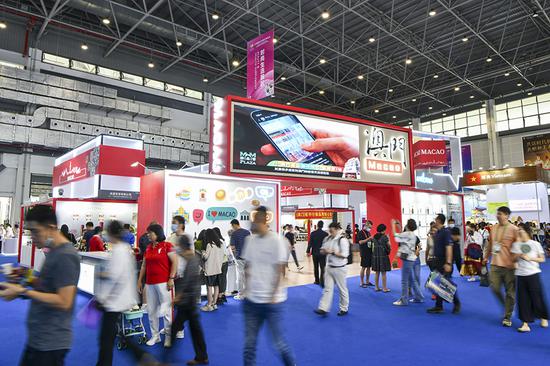


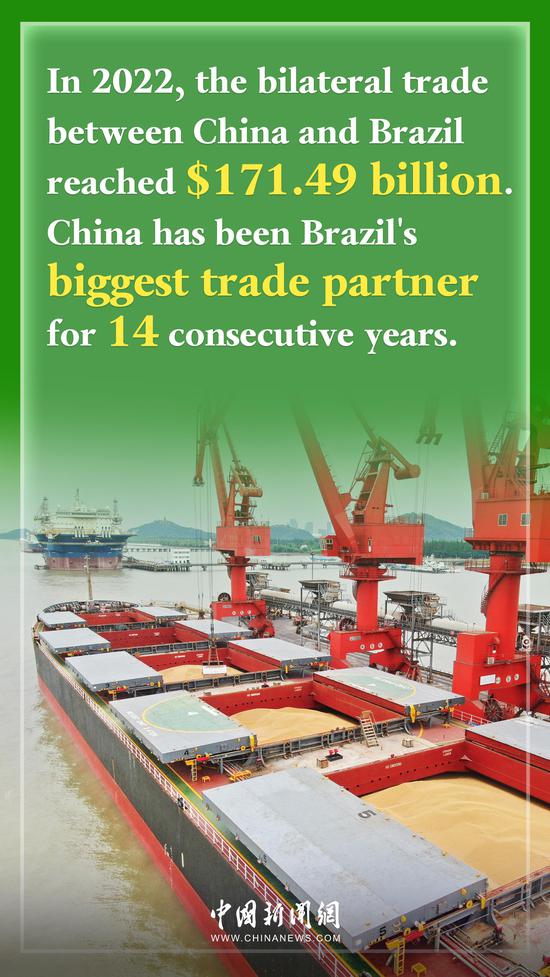
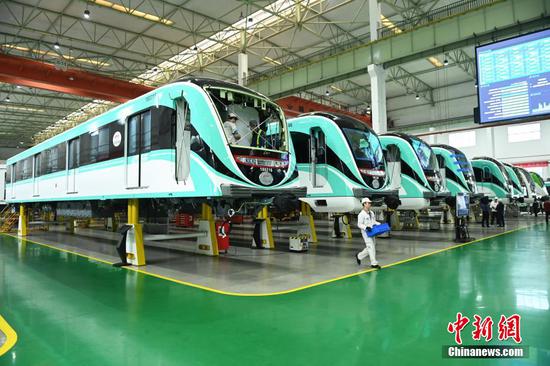









 京公网安备 11010202009201号
京公网安备 11010202009201号